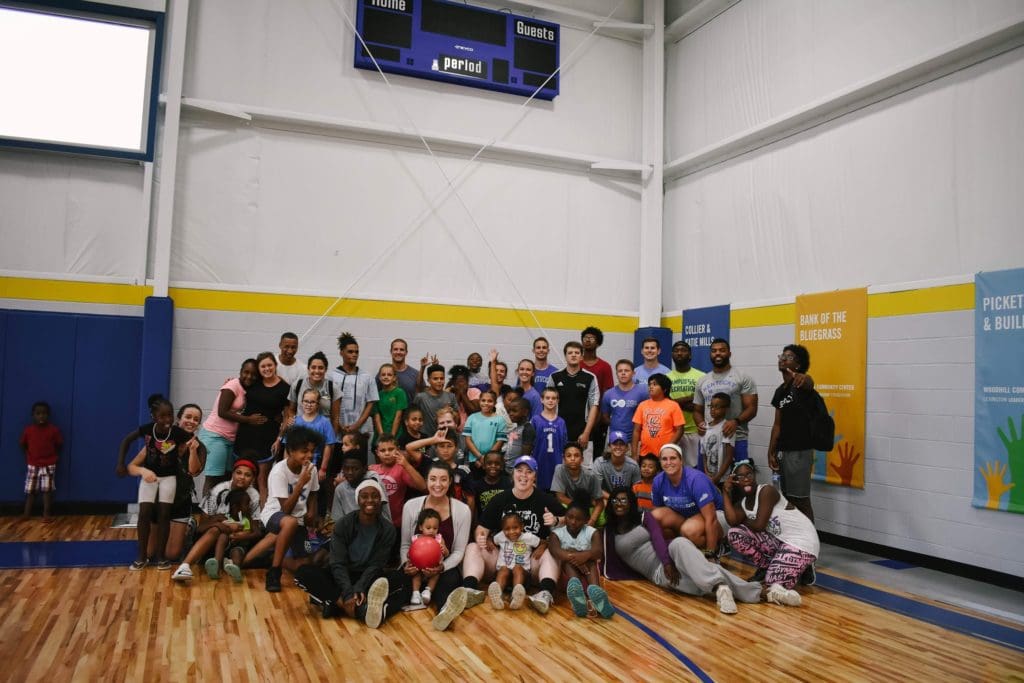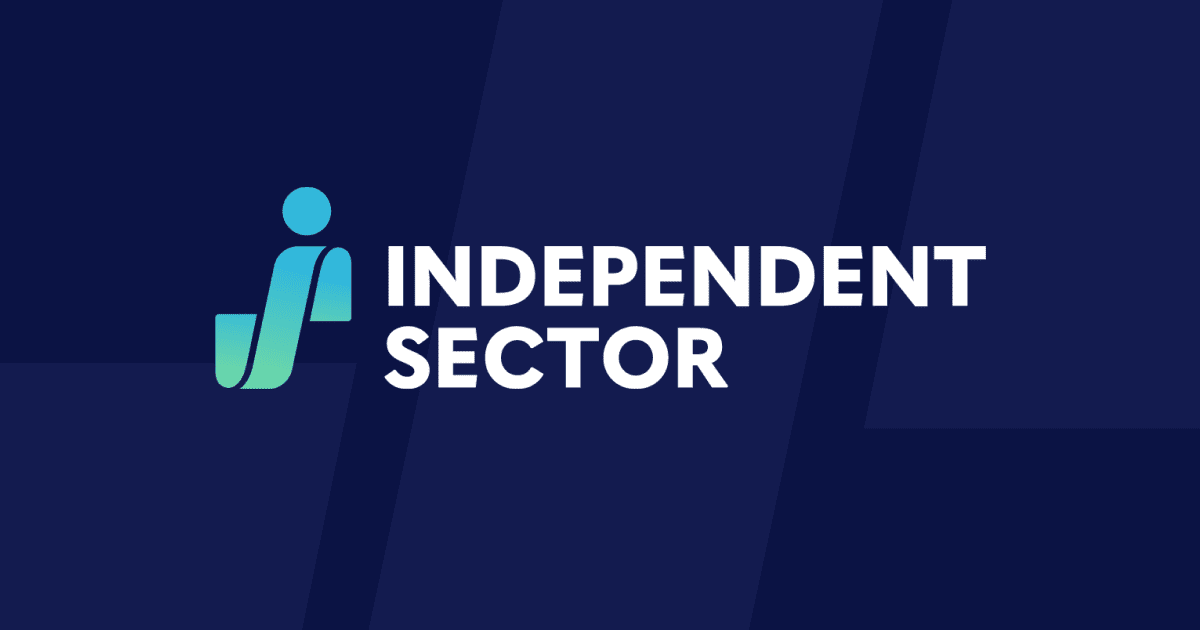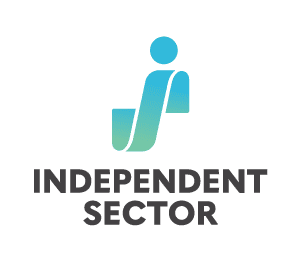IS members represent nonprofits, foundations, and corporations engaged in every kind of charitable endeavor, with missions that reflect the nearly infinite ways of working for the common good. New member, Leadership Foundations, with global headquarters located in Tacoma, WA, serves Local Leadership Foundations around the country and globally in their efforts to create better cities through social and spiritual renewal of people and places. Leadership Foundations’ global office as well as each of the 38 Local Leadership Foundations joined IS in 2019.
We talked with Dave Hillis, President of Leadership Foundations, about their work to develop effective leaders through their network of member cities.
Q: Tell us a little bit about your career path and how you arrived at your present position.
DH: In coll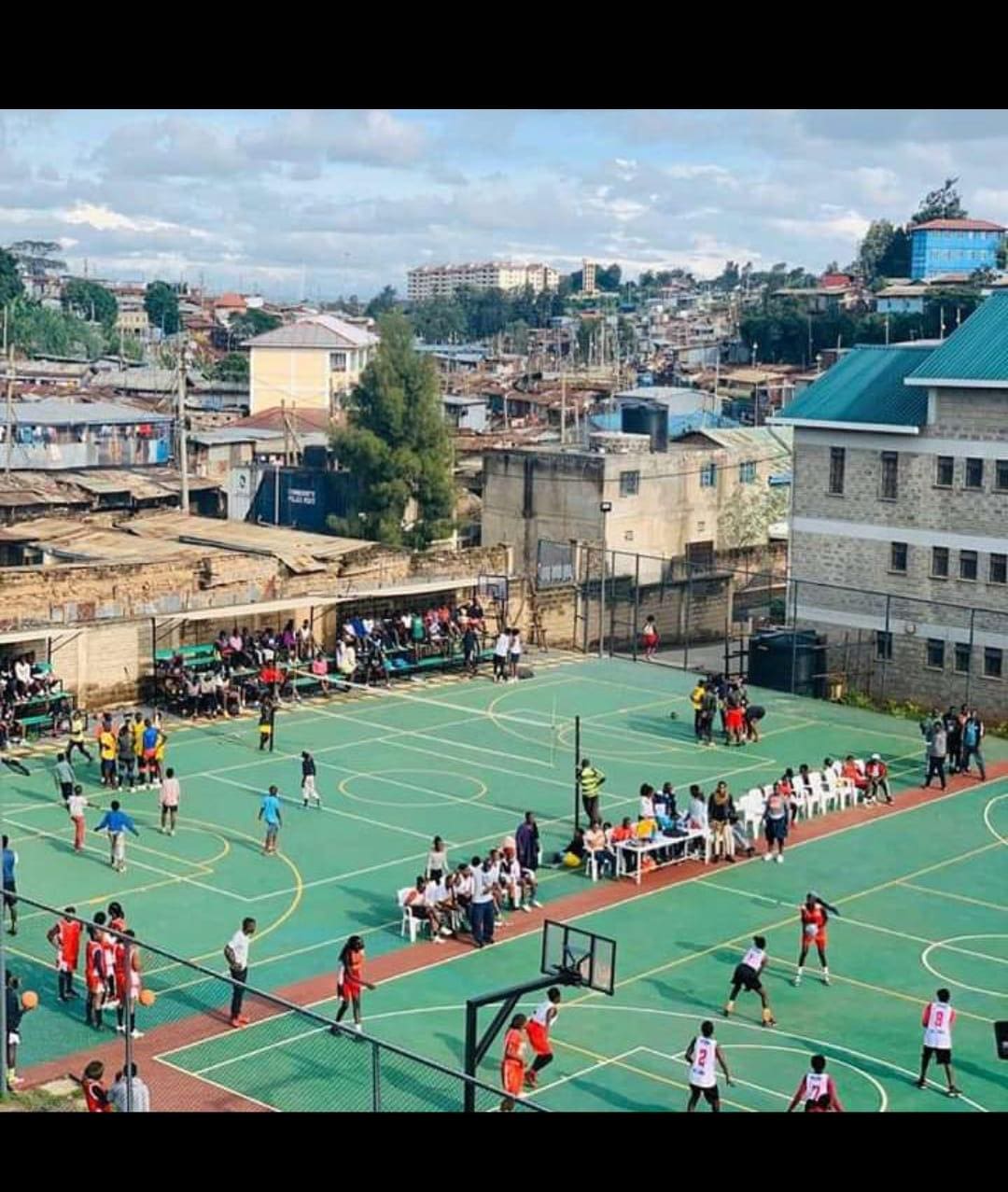 ege I had an internship in Washington, DC working with kids in the city, and I fell in love not only with DC, but cities in general. At that point I knew that whatever I did going forward would be connected to cities. Since then, beginning with Young Life, a Christian ministry that reaches youth and young adults and then as president of the Northwest Leadership Foundation, I have been committed to the social and spiritual renewal of cities and their impact on civil society. The ultimate fruition of my urban passion was becoming president of the Leadership Foundations (LF) global network in 2008.
ege I had an internship in Washington, DC working with kids in the city, and I fell in love not only with DC, but cities in general. At that point I knew that whatever I did going forward would be connected to cities. Since then, beginning with Young Life, a Christian ministry that reaches youth and young adults and then as president of the Northwest Leadership Foundation, I have been committed to the social and spiritual renewal of cities and their impact on civil society. The ultimate fruition of my urban passion was becoming president of the Leadership Foundations (LF) global network in 2008.
Q: What does a typical day at Leadership Foundations look like? Was there a day you remember that was extraordinary?
DH: Every Local Leadership Foundation is committed to seeing their city as a playground and to operationalize our “wheel of change,” which includes three strategic functions: 1. Engaging leaders of good faith and good will, 2. Building the capacity of others, and 3. Developing joint programming initiatives. At our global office, we get up in the morning and go to bed at night thinking about how we can better equip our Local Leadership Foundations to master the wheel of change. There is nothing quite like hearing how a Local Leadership Foundation is engaging their city in this way: from new partnerships forming between unlikely players, to getting the often deeply divided faith community to work together on behalf of people on the margins, to developing new and innovative ways to engage some of the most intractable problems we face.
The LF network does this work in 38 cities (with another 30 interested) through 193 different programs covering 22 domains. Here are two examples. To address a foster care crisis in their city, the Leadership Foundation in Portland, Oregon began to organize volunteers and donate goods to Oregon’s Department of Human Services (DHS). After seven years, they now lead a statewide initiative that has certified over 700 new foster families, increased foster and adoption inquiries from communities of color by 15%, and is providing a coordinated system of support for children and families in foster care.
Recognizing that Delhi, India had become a hub for human trafficking, the Local Leadership Foundation there brought together partners from across the caste system to work tirelessly rescuing girls and women from a life of poverty and trafficking, providing everything from education to employment opportunities to a supportive community – possibilities and hope for the future that previously would have been unthinkable.
This type of impact is multiplied many times over throughout the LF global network, always recognizing that the responses must be contextual to the cities where they take place. What is going to work in Dallas will be different than what will work in Delhi. LF’s commitment is to ensure that all work avoids becoming prescriptive and, instead, pays attention to what is happening in real-time.
Q: What are some of the challenges you face in your organization?
DH: Obviously, there are many, but there are three that are top of mind.

Funding: Because the Leadership Foundations global office and Local Leadership Foundations function as intermediaries, funding is always an issue. Many people want to give money to a more specific product or particular service.
Faith-based: LF lives in a unique space that can often be difficult. We describe as the extreme middle – viewed as not Christian enough by strongly faith-based
organizations, or too religious for secular audiences.
Cities: I stated this earlier, but you can’t afford to be prescriptive if you are going to be effective. However, this is easier said than done. Many want a kind of “one size fits all” response. Working in so many cities through our network is a complex thing to communicate, particularly given that the work is more centered on process rather than product.
Q: What are some of the other services you provide for your network?
DH: Mentoring: We are committed to mentoring throughout the organization. Every Leadership Foundations member gets a coach to support them in furthering their impact through the wheel of change. We also provide mentoring through our network. Most local Leadership Foundations are part of the LF Global Youth Initiative, which addresses the need for mentoring and leadership development among urban youth.
Accreditation: We provide accreditation every five years to make sure every Local Leadership Foundation is using the wheel of change, doing what they say they’re doing, and reaching their potential.
Innovation Center and Theological Roundtable: In 2018 we launched the Colangelo Carpenter Innovation Center to provide a space to generate and grow innovative programs and policies to support the Leadership Foundations network. We also created and facilitate the theological roundtable to explore how practicing theology in the public sphere can help communities heal and strengthen civil society.
 Q: What is one of your favorite places to be in your community?
Q: What is one of your favorite places to be in your community?
DH: The privilege for me is less a particular place, and more that I get to visit Local Leadership Foundations across the world. I never get over the excitement of being with and experiencing how local presidents see their city. I get to see how they have fallen in love with their city and it is this quality, more than any other, that gives me great hope that cities can become better.
Q: Is there an unsung hero on your team you’d like to shout out?
DH: This is a difficult question to answer given the community I get to work with on a daily basis. We have tried to create a leadership culture at Leadership Foundations that allows us to flatten out the leadership structure. We all have different titles, but they don’t dictate our leadership or responsibility, and we are all treated as owners of the organization, not renters. Because we are a community in mission, I am surrounded by colleagues who are remarkable for their courage, competence, and character.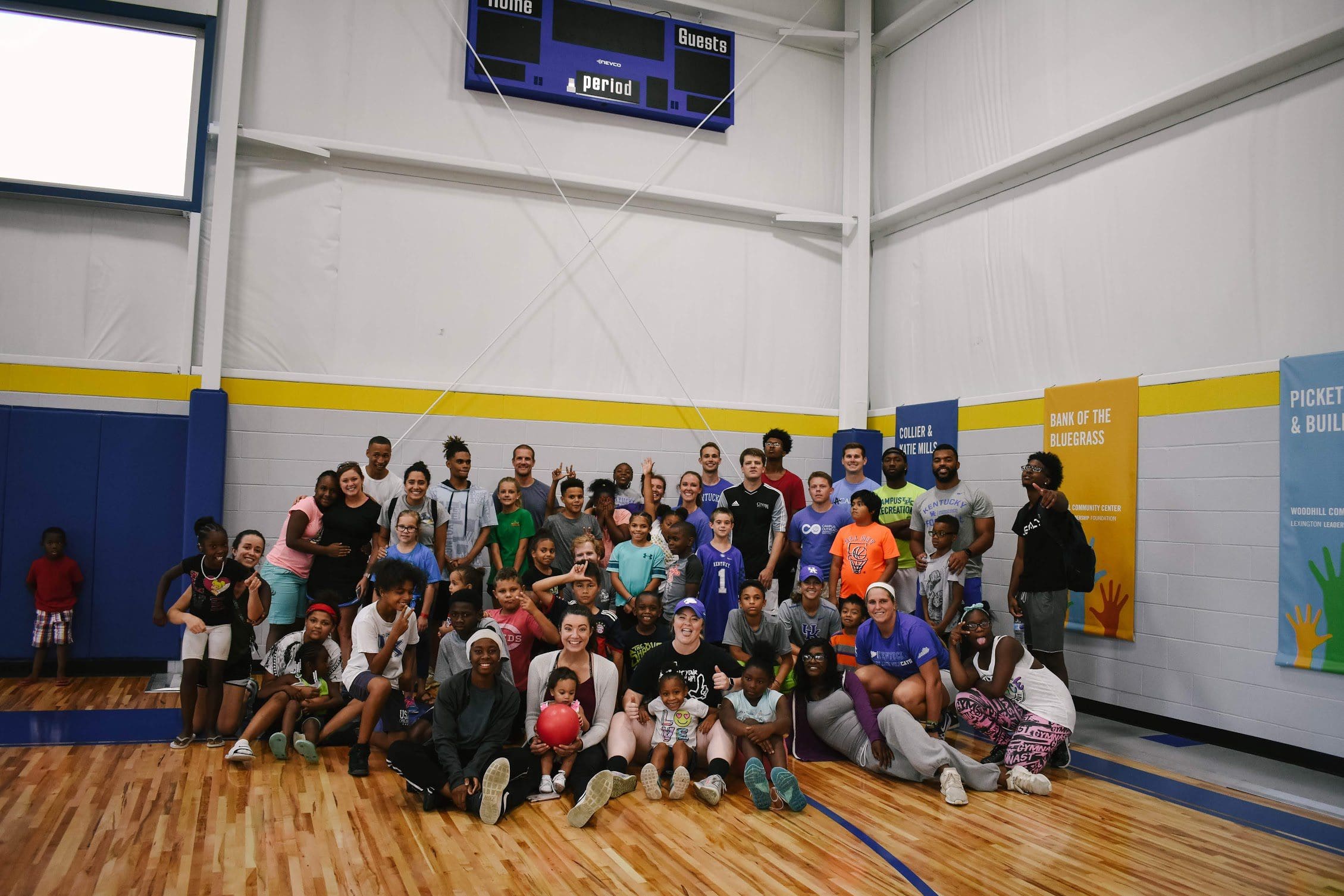
Q: Is there anything else you would like others to know about your work?
DH: As a shout-out to Independent Sector (IS), I have been delighted for Leadership Foundations to become a member. It has been an absolute thrill at a number of levels, some that we are conscious of and many that are still unfolding. We truly look forward to the future, especially continuing to discover where there is space for the faith community and voices of faith to contribute to civil society in a way that is additive and helpful to our work together. We are in a time of deep social distrust, political polarization and alienation that crosses political, civic, and religious lines. This broken relationship with each other and the blending of theology and political party is deeply destructive to democracy. We want to discover with IS how we can contribute to reframing the conversation around mutual respect and dignity, laying its foundation on the principles of imagination, reconciliation, and leadership.
Learn more about Leadership Foundations at https://leadershipfoundations.org/.
Visit Independent Sector’s members page to learn more about our members and the wide spectrum of their missions.
